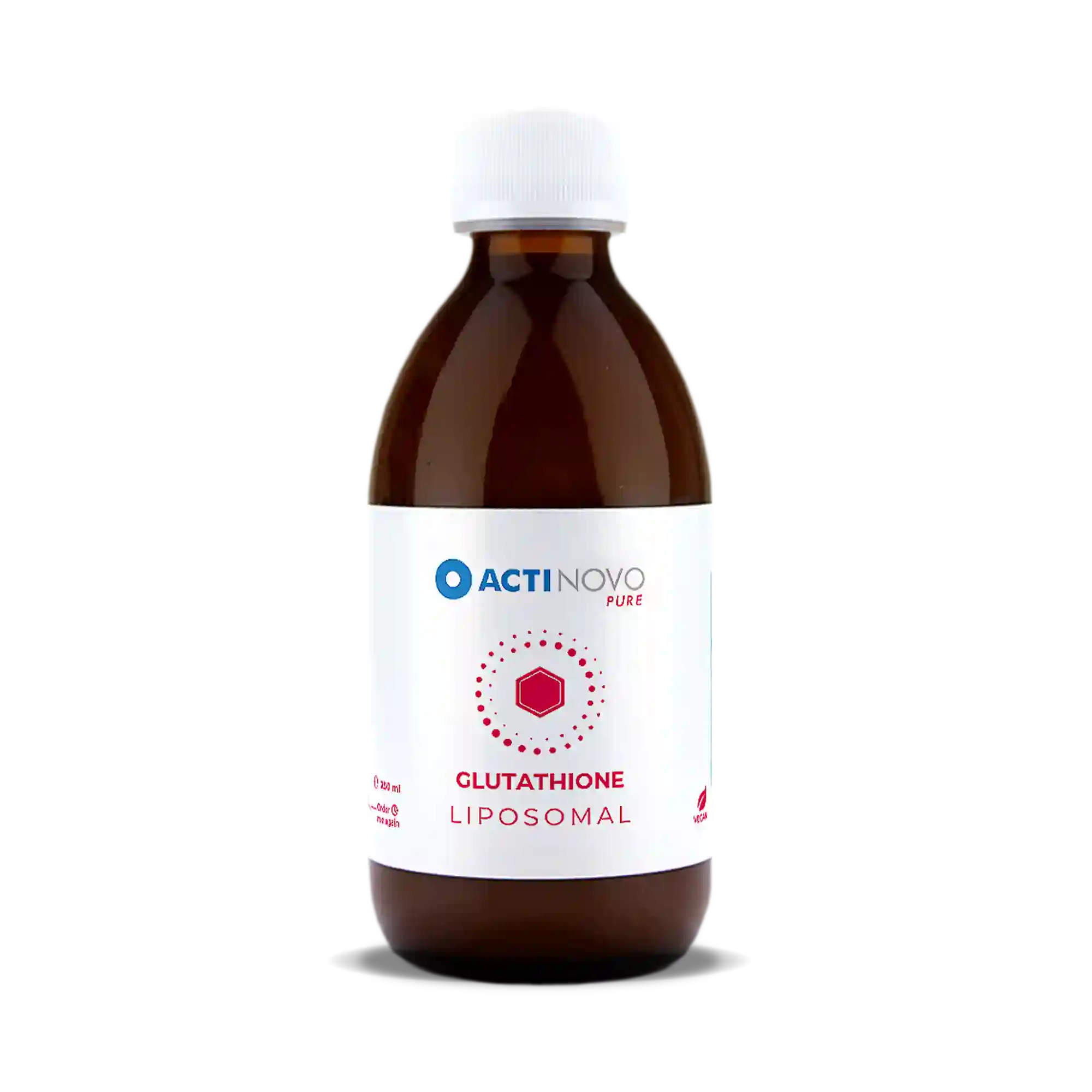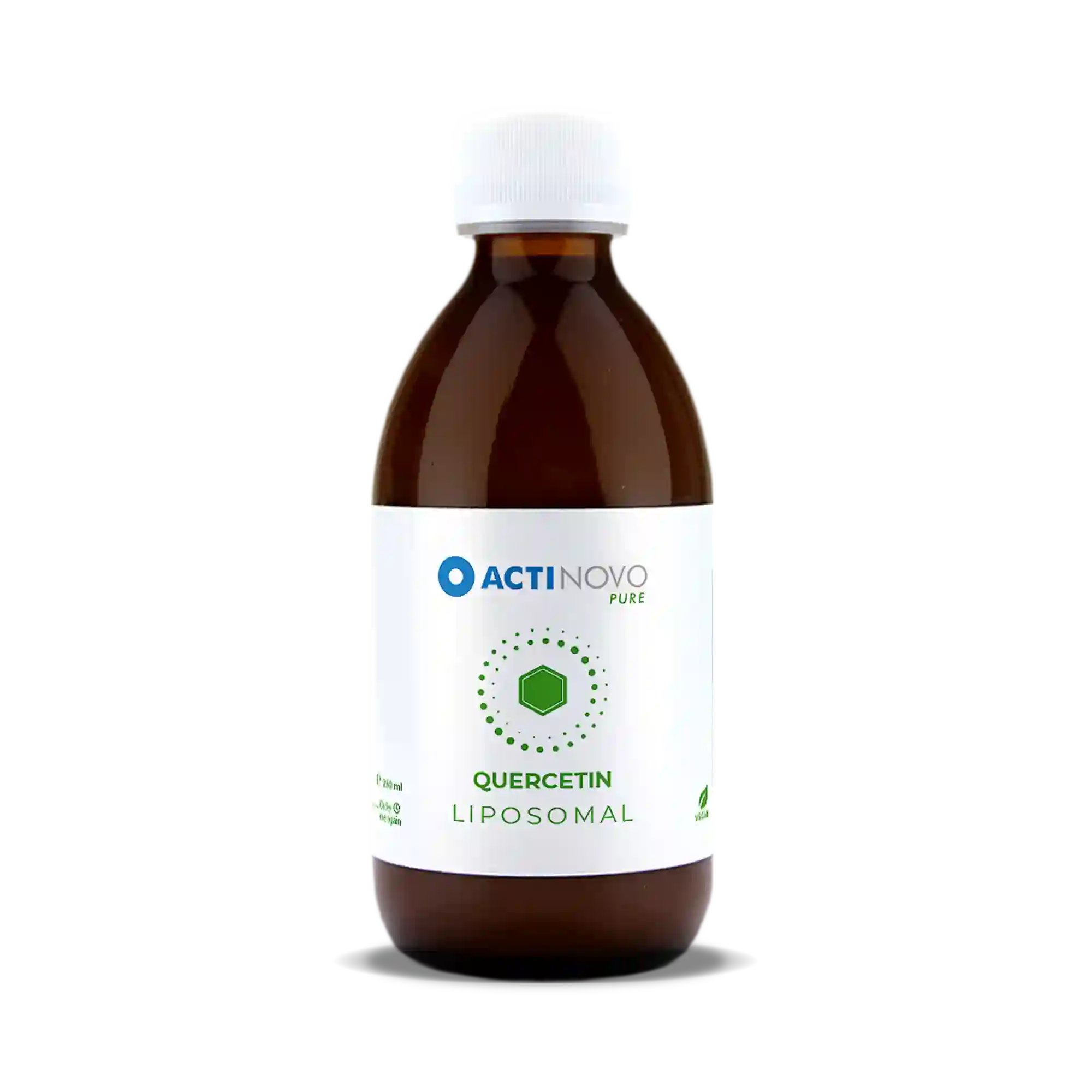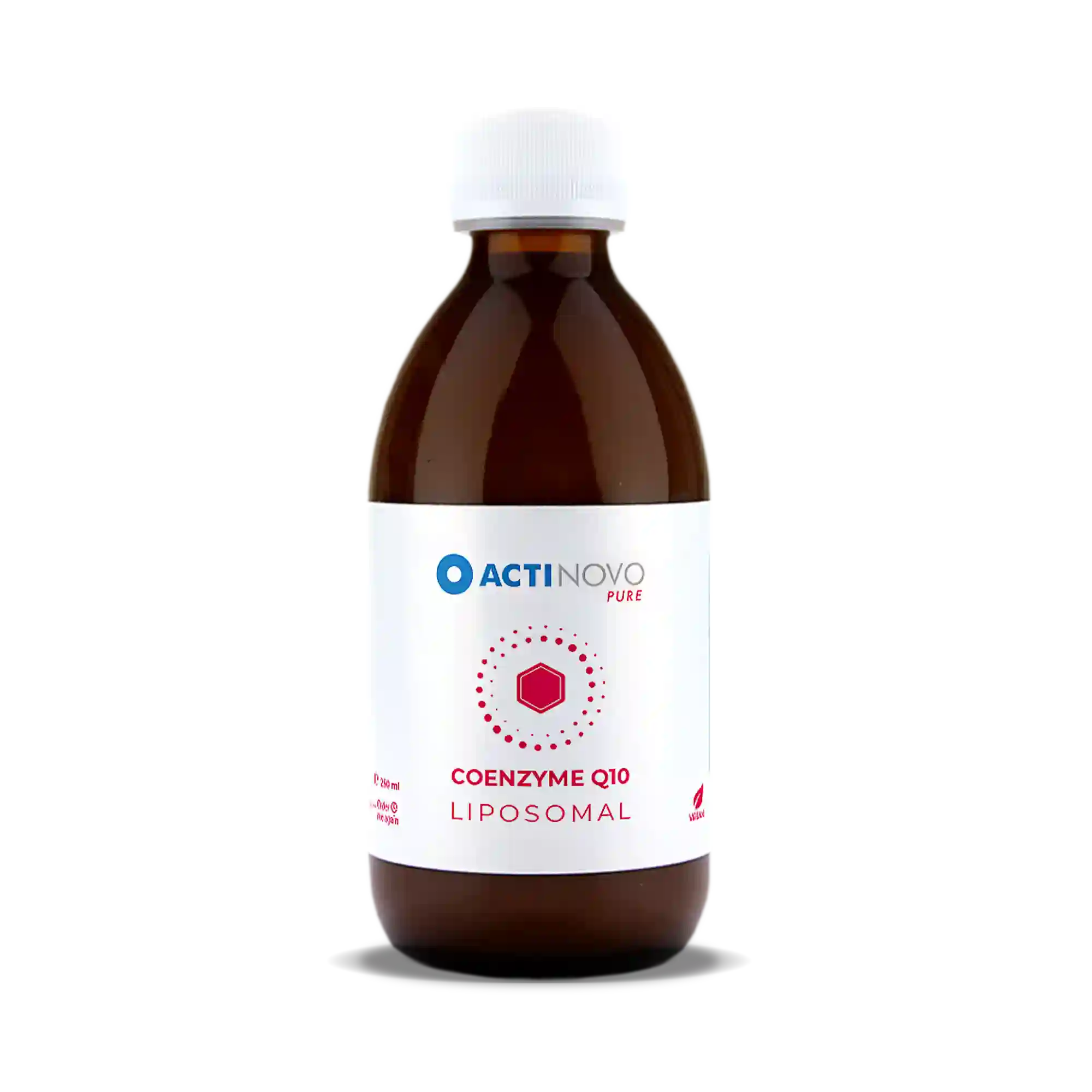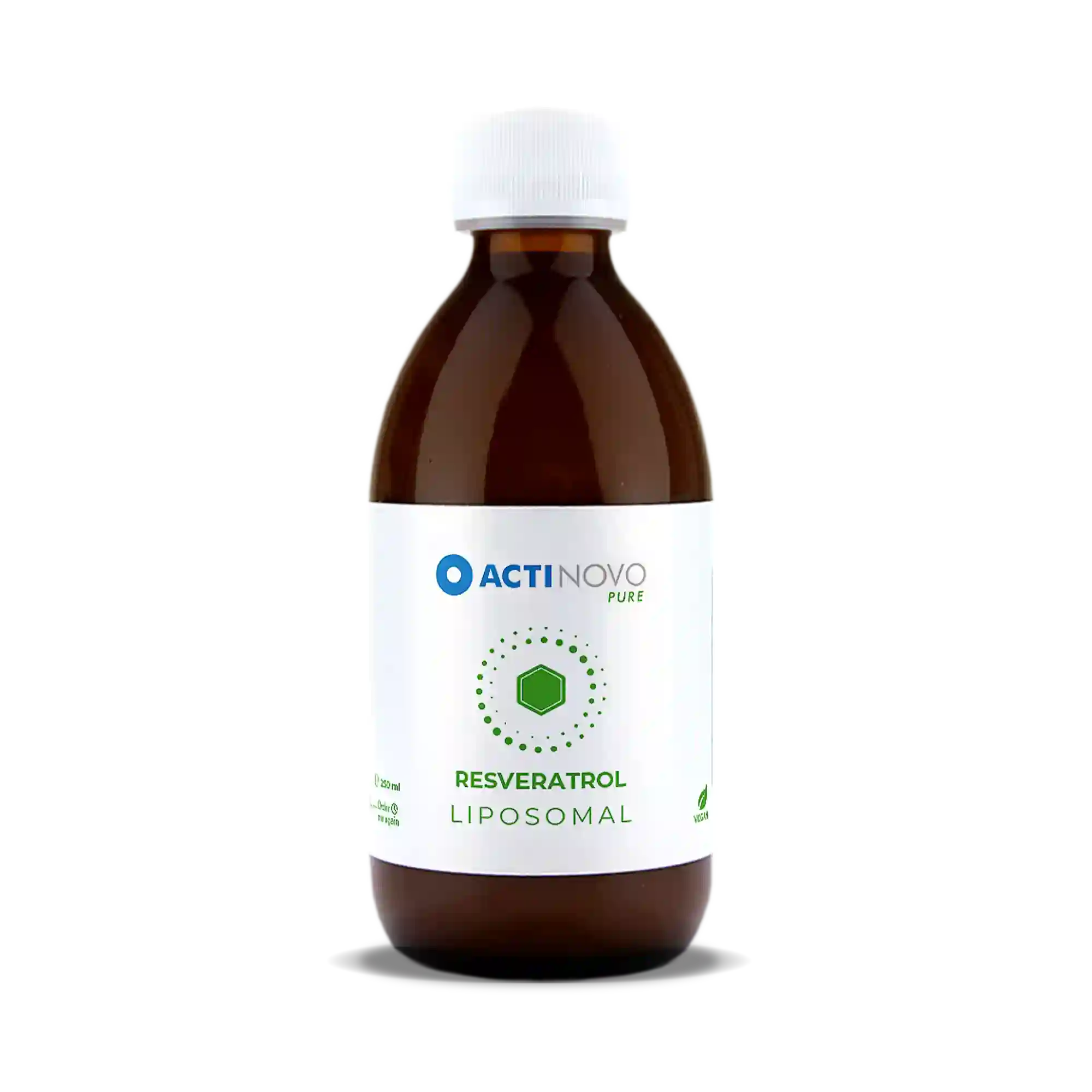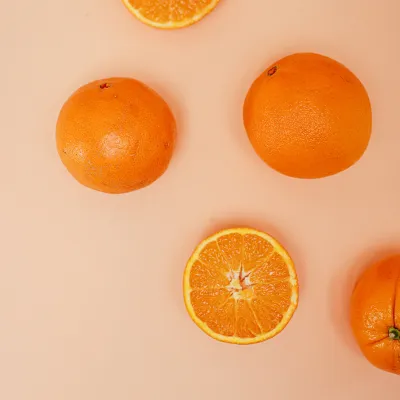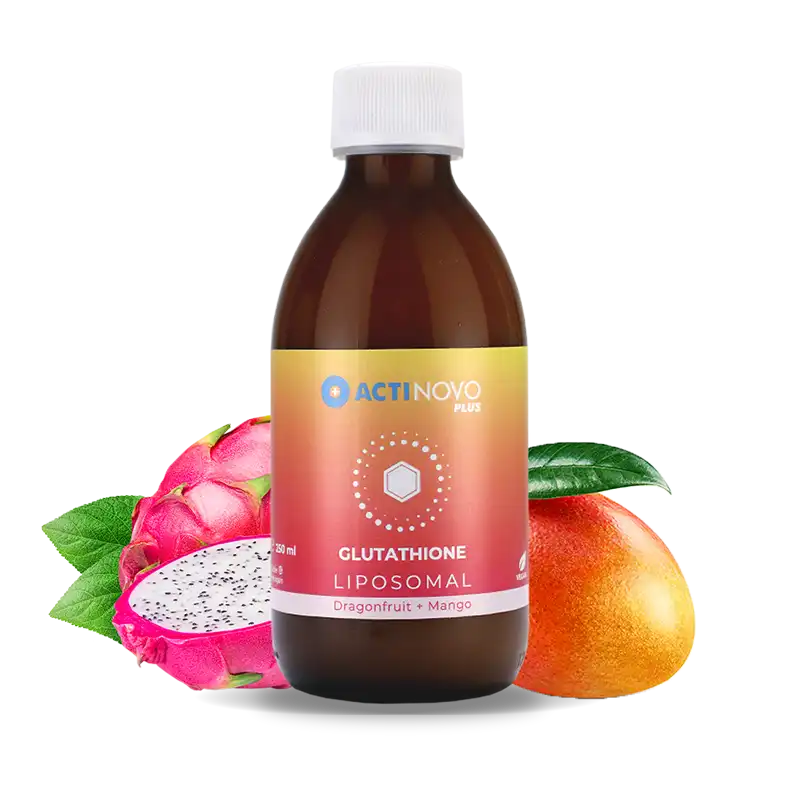
Antioxidants - How radical scavengers support you everyday
The hype surrounding antioxidants is omnipresent - whether in recipes with fresh fruit or vegetables, in colorful juices or as an argument for enjoying a glass of red wine.
These powerful compounds are often praised as essential for our health. But how does the body actually absorb these antioxidants from food? Are there effective alternatives that can make a noticeable difference? Although the term "antioxidant" is already widely known, many remain in the dark about their actual importance in the body.
In this blog article, we will shed some light on antioxidants and their functions.
1. What are antioxidants?
Simply explained, antioxidants are chemical compounds that can slow down or completely prevent cell damage. Cell damage is usually caused by reactive oxygen species (ROS), also known as free radicals. Free radicals are highly reactive compounds with a lost, unpaired electron, which makes the free radical very unstable and cause damage.
Antioxidants and free radicals
Oxidative stress
Oxidative stress can be caused by a variety of factors. Excessive stress caused by smoking (4), alcohol consumption, UV radiation (5), consuming a high-sugar diet (6), or having vitamin deficiencies (7) can be problematic and risk further cell damage.
A buildup of free radicals and oxidative stress can damage important molecules in our body. Free radicals can increase inflammation, lead to early aging, and even be a precursor to stroke or certain cancers (8).
This is where the free radical scavenging antioxidants help.
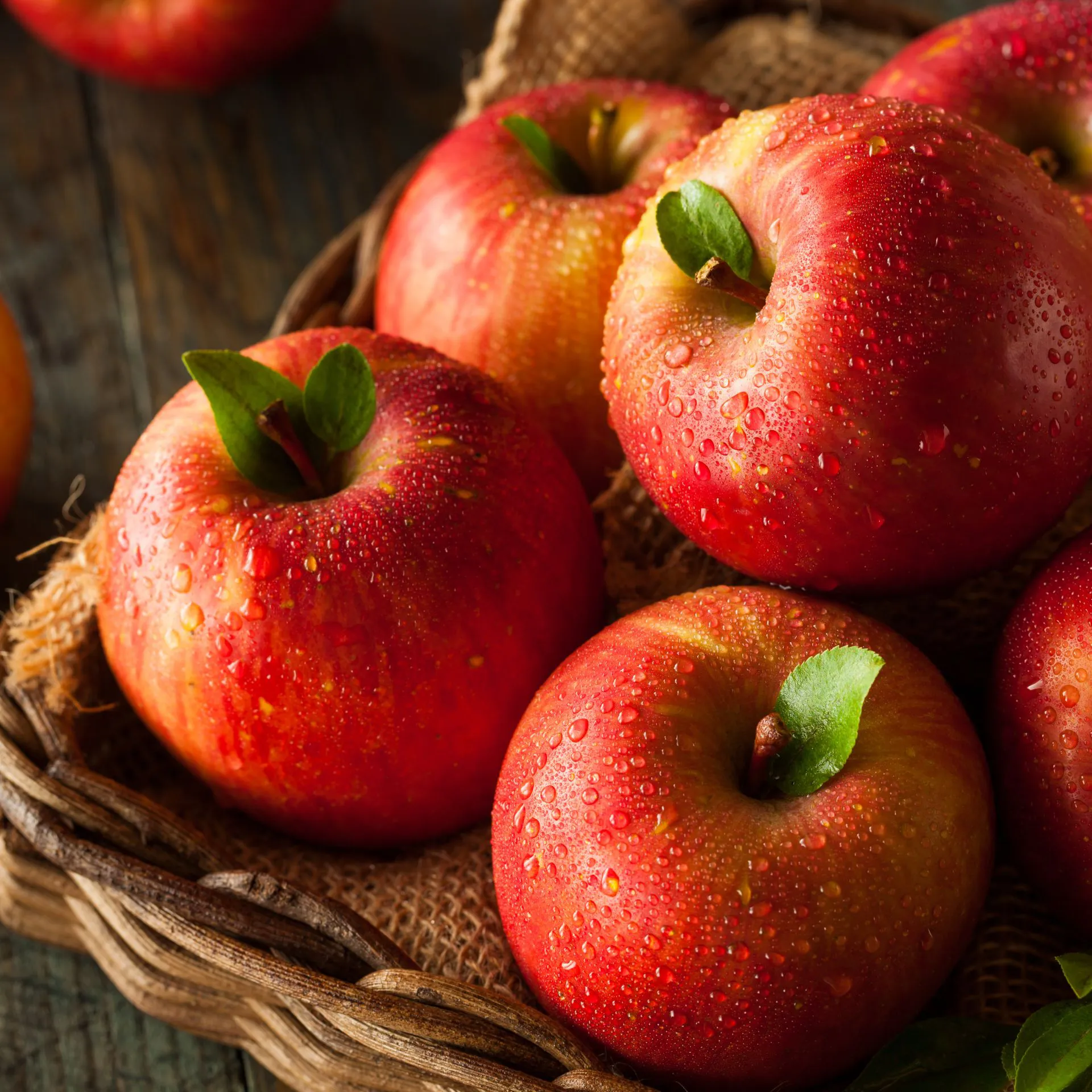
2. What are antioxidants good for?
There are antioxidants that our body produces itself, as well as those directly from food. Both types of antioxidants have health benefits, specifically their ability to fight free radicals and prevent cell damage. Check out our liposomal antioxidants here.
3. Antioxidant action in the body
How exactly do antioxidants work? The antioxidant chemical structure is a key reason why these molecules are so important. Antioxidants are friendly molecules that readily donate an extra electron to the unstable free radical. This neutralizes the free radical and prevents further oxidative damage.
You can find many antioxidant supplements on the market. For example, there are antioxidant vitamins such as Vitamin A and Vitamin C that are frequently found in supplement form. Vitamin A is also known to "scavenge" free radicals. Vitamin C has a strong antioxidant effect.
4. Antioxidant Rich Foods
- Apples
- Pomegranate Berries: Blueberries, currants, blackberries
- Broccoli
- Millet
- Coffee
- Potatoes and carrots
- Garlic
- Nuts

These foods are high in antioxidants, but this is not an exhaustive list. Many fruits have a high antioxidant content and provide an abundance of natural antioxidants to your body. But there's an easier way to boost your antioxidant levels: antioxidants in the form of food supplements!
5. The Most Powerful Antioxidants
- Astaxanthin
- Glutathione
- Quercetin
- Q10
- Resveratrol
Glutathione
Glutathione is one of the most important antioxidants in our body and is present in almost every cell.
The liver, our central metabolic organ, contains the largest amount of glutathione. Glutathione is important as an active free radical scavenger and cofactor for the creation of vitamins C and E (9).
In order for harmful compounds to be excreted naturally, glutathione combines with the toxin. This makes the toxin water soluble to be excreted through the kidneys. This detoxifying process eliminates harmful toxins, such as heavy metals, medications, pesticides, and many other substances (9).
Maintain glutathione levels
Helping the liver detoxify can decrease inflammation and improve cellular function. Current research shows that glutathione levels decrease with age (10). Therefore, taking additional antioxidants, such as glutathione, while we age might provide important benefits to our body.
Liposomal Glutathione
Even though we produce glutathione ourselves, it can be beneficial to additionally support the body with supplements. Dosage forms such as pills and powders have little effect on total glutathione levels in our cells. They are largely broken down in the digestive tract and not absorbed.
However, thanks to liposomal technology, it is now possible to make Glutathione readily absorbed orally by humans. This allows glutathione levels in the body to be increased.
Read more about this master antioxidant in our blog article about Glutathione.
Quercetin
Quercetin is a naturally occurring plant substance from the flavonoid group. Apples contain particularly high levels of this antioxidant. Colorful vegetables and fruits such as berries and red onions are also particularly rich in quercetin.
With its a powerful antioxidant properties, quercetin can scavenge free radicals and reduce oxidative stress in the body (11). So antioxidants are free-radical scavengers.
Recommended by doctors
Some doctors see one of the most promising benefits of quercetin as being able to relieve allergy symptoms naturally.
Histamine plays a central role in promoting inflammation. Excessive inflammation is a key factor in allergy symptoms such as sneezing, stuffy nose, watery eyes, or sore throat (12, 13).
Treat inflammation naturally
A study conducted in Japan found that quercetin can inhibit the release of histamine (14).
If quercetin reduces the release of substances responsible for allergic reactions, symptoms can be reduced. Quercetin is thus a good natural alternative for treating allergies during pollen season.
Learn more about the topic of allergies in this blog article.
Bioavailability of quercetin containing food and quercetin containing pills or powders is very low - at 5.3% (15).
However, ActiNovo's liposomal quercetin product increases the bioavailability of this important antioxidant in our bodies through innovative liposomal technology.
Coenzyme Q10
The body's own substance, coenzyme Q10, is found in all of our body's cells, except red blood cells. The largest concentration of Coenzyme Q10 is found in the power plants of our cells: the mitochondria.
In the mitochondria, Coenzyme Q10 is responsible for the process of cellular respiration and the formation of adenosine triphosphate (ATP). ATP is the universal energy carrier of our cells and thus also of our body.
During energy production, reactive oxygen species (ROS) are inevitably produced as by-products. If these are not sufficiently buffered by antioxidants, they can cause cell damage.
Q10 for the heart
The organ with the highest number of mitochondria is our heart.
When we are engaging in aerobic exercise, our body requires an increased amount of ATP for cellular respiration. This can lead to excessive production of free radicals.
Moderate exercise is important for reducing free radicals and keeping our cells healthy. Excessive exercise on the other hand can lead to an over-production of free radicals. One study showed that supplementing with Coenzyme Q10 during intense exercise reduced markers of oxidative stress and inflammation (16).
Increasing age = decreasing Q10 production
Endogenous Coenzyme Q10 production can decline as early as age 20. Studies have found that older adults have almost 43% less Coenzyme Q10 in their body compared to younger adults (17). Coenzyme Q10 is found mainly in animal products such as beef and sardines. This limits the intake of the substance for people who eat a vegan or plant based diet.
Liposomal Coenzyme Q10
The absorption of coenzyme Q10 is very low (about 3%) when consumed through the diet. Supplements in powder or tablet form also have minimal success with increasing the value of Coenzyme Q10 in our bodies (18).
Liposomal technology helps to bring more of this powerful antioxidant directly to our cells. Liposomes allow the active ingredient to enter the cell directly and have an immediately positive effect on the mitochondria.
Resveratrol
The antioxidant resveratrol is a secondary plant substance that belongs to the group of polyphenols and has various anti-aging effects. Thus, antioxidants for skin care are extremely beneficial.
Resveratrol is one of the main factors behind the French paradox. The grapes used to make wine contain resveratrol. The French Paradox is named because people in France who drink wine frequently have a significantly lower risk of heart attacks in comparison to other European countries (19).
Alzheimer's studies
Studies have found that resveratrol can be effective in protecting cell membranes and DNA from free radical damage (20,21). Because of its protective effects on cells, resveratrol is a potential candidate for the treatment and prevention of Alzheimer's disease.
A study with resveratrol in mice has shown that this antioxidant slows the spread of Alzheimer's disease (22). In human studies, there has already been promising evidence that resveratrol may help treat Alzheimer's disease in the future. Further studies are needed to show a clear effect. (23.24).
Antiaging Studies
Other studies have also been conducted on the cosmetic use of resveratrol. These studies show that topical application of antioxidant serums that contain resveratrol can help reduce fine lines and wrinkles. Spending time in the sun is one of the greatest causes of wrinkles due to UV damage (25). Taking oral supplements is just another part of a healthy skincare routine. Oral ingestion of resveratrol can produce similar anti-aging effects and improve skin health. Thus, antioxidants have an effect on the skin.
Liposomal Resveratrol
Due to the poor absorption of resveratrol, the medical industry has struggled to utilize resveratrol as a valuable dietary supplement. When taken in pill form, the antioxidant is rapidly broken down by the liver. This results in an absorption rate of less than 1% (26).
The liposomal technology allows Resveratrol to enter our body directly, where it can exert its powerful effects.
Learn more about the antioxidant effects of resveratrol in our blog article: Resveratrol Supplements: Dosage and Benefits.

